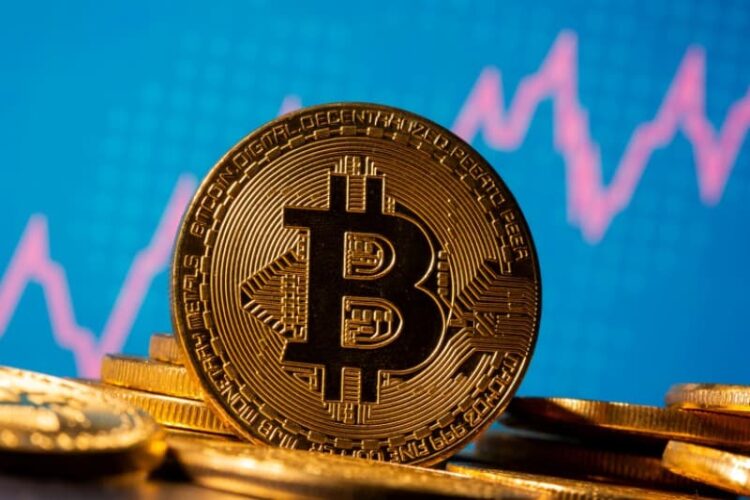Taiwan’s Financial Supervisory Commission is set to introduce a registration system for crypto exchanges on November 30, earlier than anticipated.
This move represents a significant advancement in regulating the rapidly growing crypto industry, according to local news source Anue Juheng.
Speaking to the press after a recent session with the Legislative Yuan’s Finance Committee, FSC Chairman Peng Chin-long noted this registration system is in line with the agency’s plans to intensify its oversight of crypto exchanges. He noted the agency has already scheduled inspections for six crypto exchanges in November and December, following last year’s audits of four major operators, which exposed significant compliance gaps.
According to Chin-long, the FSC is currently drafting a new regulatory proposal aimed at introducing clearer regulations on licensing, consumer protection, and operational standards in the country’s crypto sector. He noted that public hearings for the proposed law are expected in early 2025.
The FSC’s careful strategy highlights Taiwan’s efforts to balance the fast-paced growth of digital assets with the need for robust consumer protections and regulatory standards. In early October, the FSC introduced draft regulations mandating virtual asset service providers to comply with anti-money laundering standards by January 1, 2025.
Chin-long revealed that 26 exchanges have already been certified as compliant with its anti-money laundering (AML) standards, with another 20 to 30 applications pending review.
These new “VASP Registration Regulations” are based on recent amendments to the AML Act, marking Taiwan’s effort to strengthen regulatory oversight of the crypto sector.
Meanwhile, the FSC recently introduced a policy allowing professional investors access to foreign crypto ETFs via local brokers. Announced on September 30, the policy enables high-net-worth clients and institutional investors to delegate crypto investment management to sub-brokerages and specialized fund managers, enhancing product offerings for Taiwan’s securities firms.
The policy only applies to professional investors, including institutional investors, high-net-worth legal entities, and experienced high-asset clients. The regulator cited the high risks associated with cryptocurrencies as the reason for the restriction.
If you want to read more news articles like this, visit DeFi Planet and follow us on Twitter, LinkedIn, Facebook, Instagram, and CoinMarketCap Community.
“Take control of your crypto portfolio with MARKETS PRO, DeFi Planet’s suite of analytics tools.”





















